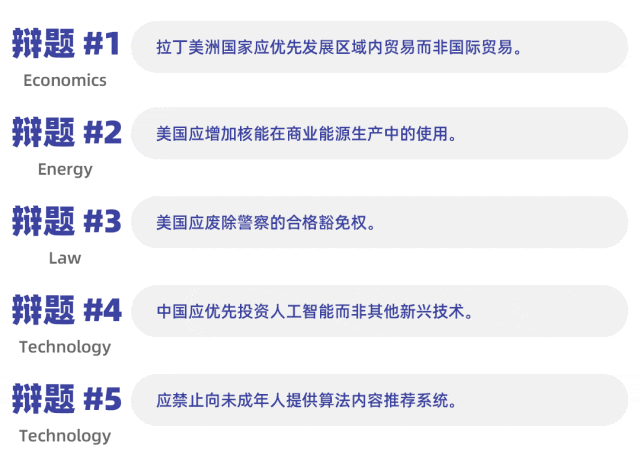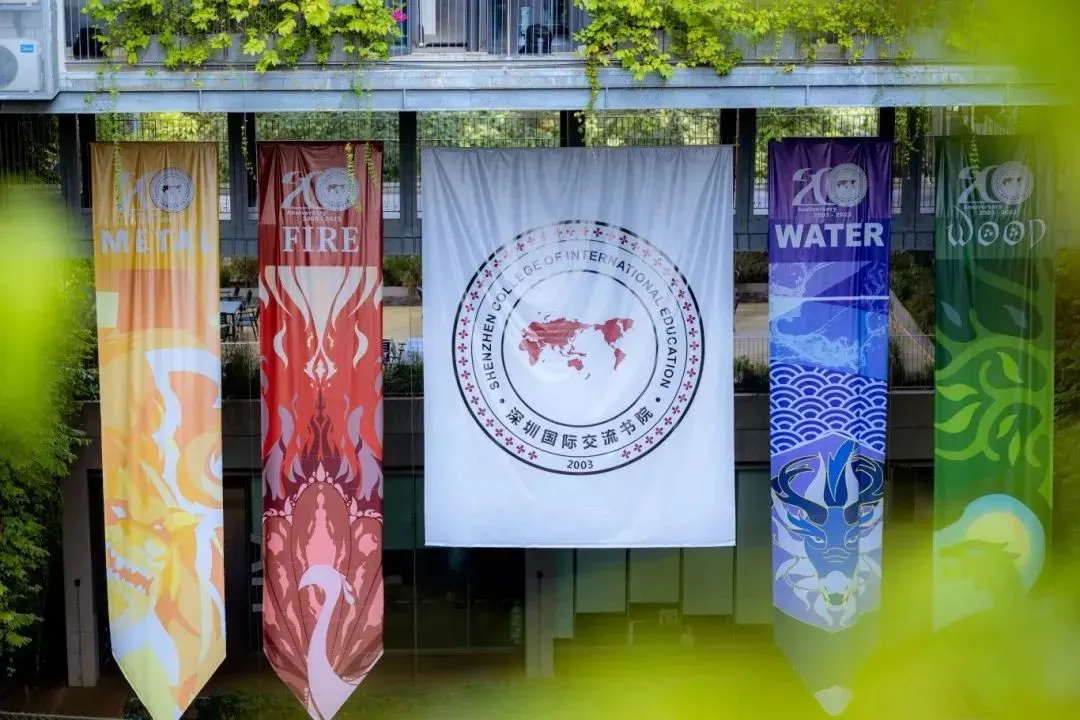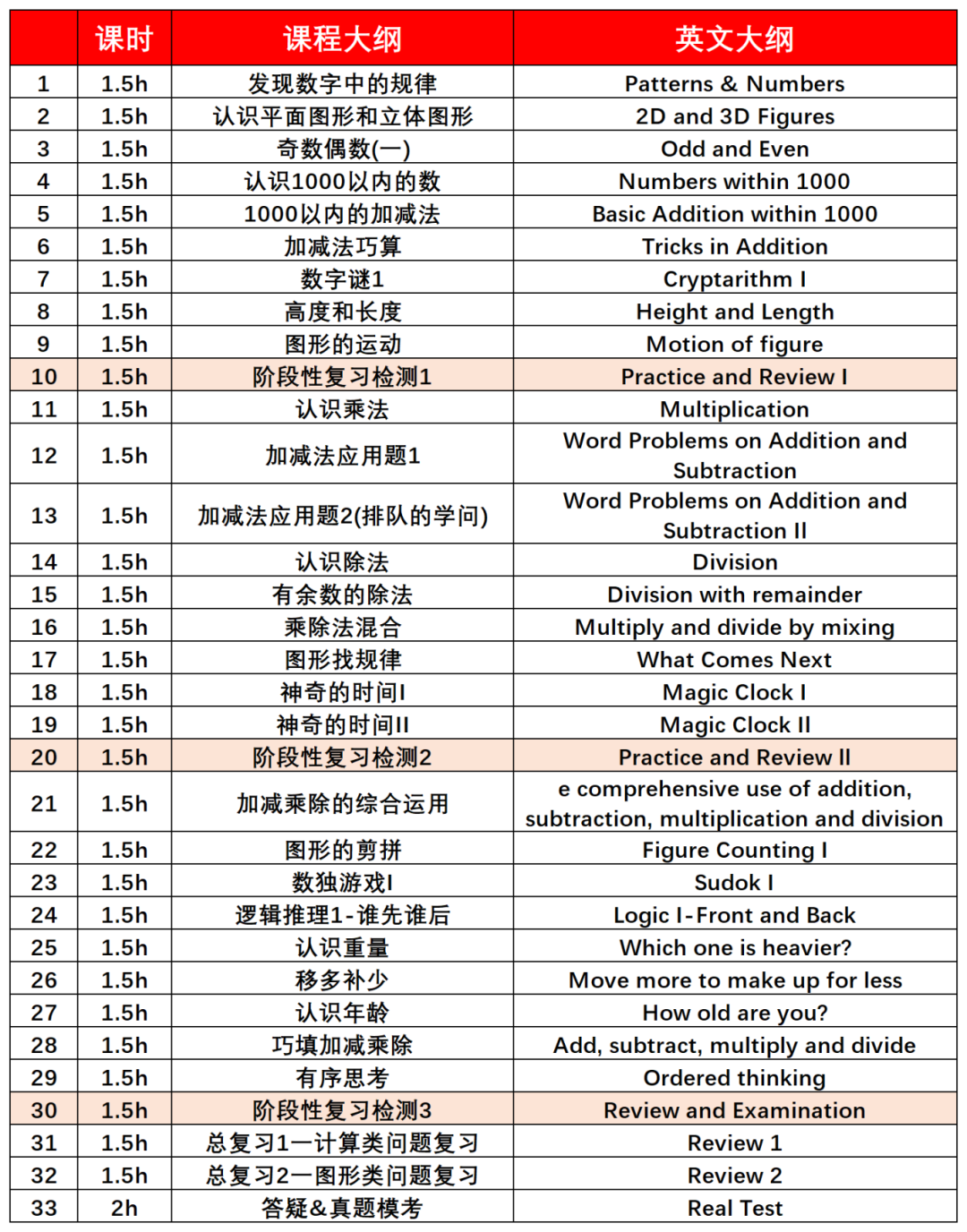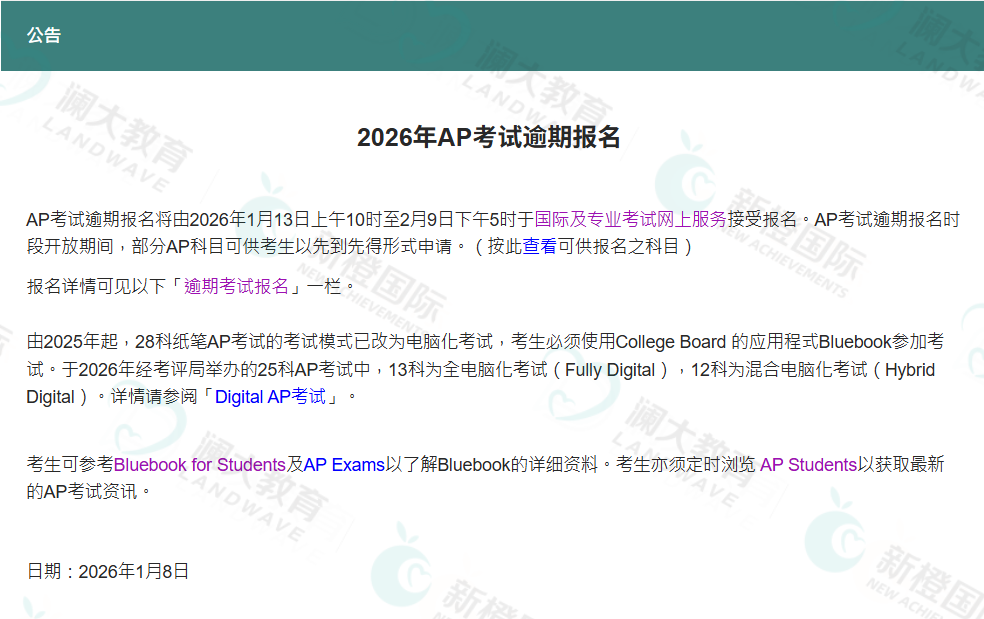如果没记错的话 🤔
今天好像是一个大日子——是的!
2025秋季PF辩题将于今日正式公布!
在候选辩题公布后
我们后台收到了许多同学的热烈讨论
从票数来看
起初5个辩题较为持平
而后辩题1与辩题5齐头并进,保持领先
其余辩题奋起直追
尤其辩题3,后期有大批票数涌进
直追辩题5
而辩题1则以一定优势持续领先
那么辩题1是会笑到最后
还是会被一开始的对手辩题5
或半路杀出的辩题3扭转乾坤呢?
2025秋季PF辩题究竟花落谁家?
现在就为大家揭晓最终票型!

本次秋季PF辩题总投票数为277票
其中辩题一共计获得99票
以压倒性优势当选2025秋季PF辩题!
TOPIC INTRODUCTION
辩题背景
- 2025 NHSDLC秋季常规赛 -
The debate over whether Latin American countries should focus on regional trade or keep their sights on global markets is a critical question about the region’s economic future. The Fall resolution asks us to weigh the benefits of building a tightly-knit Latin American economy against the opportunities and challenges of competing on the world stage. It’s a clash of two ideas:Regional Integration versus Global Trading ambitions, with big implications for growth, stability, and prosperity.
Supporters of intraregional trade argue thatit’s a game-changer for Latin America. By doubling down on trade within the region, countries could lower costs further, boost local industries, and create a more resilient economy that does not rely on external market support. Latin American nations could leverage geographic proximity, their shared cultural ties, and complementary economies to boost efficiency and create more jobs for their respective countries. Trade agreements like Mercosur and the Pacific Alliance show what is possible, and proponents say this approach could level the playing field, helping smaller economies thrive, and reduce inequality and poverty across the region.
On the other side of the coin, those in favor of international trade warn thatfocusing too much on the region could hold Latin America back. Global markets offer access to bigger customers, cutting edge technology, and critical investments that neighbors might not provide. Countries like Brazil or Venezuela, that rely on exporting oil or soy beans to trade partners like China and Europe might lose out by prioritizing regional trade. Critics also point to practical challenges: underdeveloped infrastructure, political tensions, and differing trade policies among Latin American countries could make regional integration more trouble than it’s worth, especially given the significant opportunity cost of missing out on international trade.
This resolution challenges debaters to balance the benefits of regional economic cohesion against the opportunities and risks of global trade. It’s a chance to explore how politics, economics, and culture could shape the region’s future. As you all tackle this topic, you’ll face a defining question:Can Latin America build a stronger, more connected economy without missing out on the global opportunities that drive progress?












